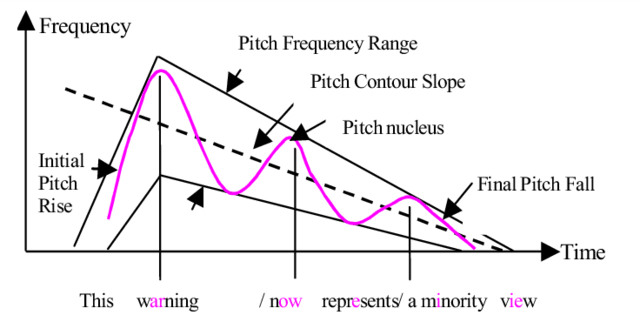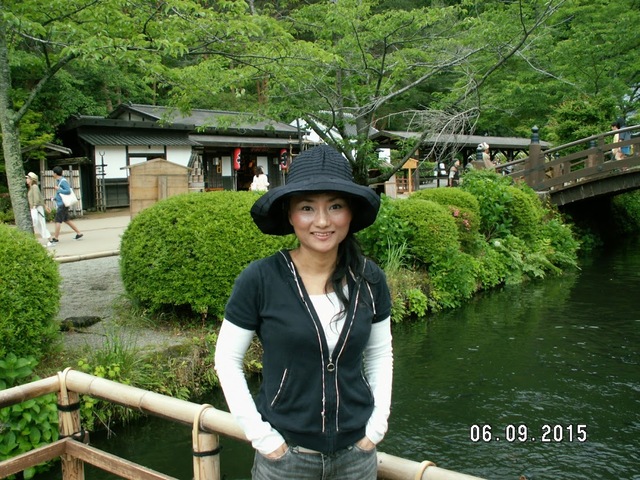人を結ぶ縁の力動性は人の意志の力を超える。
The dynamism that make a relationship with people
surpasses human choice.
縁は人が関わることを願っても、
願わなくても巡ってくる。
It comes around to us
whether we want to connect with someone or not.
巡ってきた縁を掴むか、
手放すかの選択肢だけが
人に許された権限かも知れない。
Maybe the bonding experience is only allowed for us
to take or leave when it comes around.
日本語の中で、最も力強い言葉があるなら、
それは『縁』だろう。
If there is a word
most powerful in Japanese terminology,
it would be “A bond”
生まれた国との縁
A country-bond where person is born.
両親との縁
A kinship-bond with parents.
兄弟の縁
A consanguinity-bond with siblings.
友人との縁
A friendship-bond with acquaintances.
先生との縁
A bond with a teacher.
仕事の縁
A bond with our work.
同僚との縁
A bond with colleagues.
伴侶との縁
A bond with a suppose.
私の肉体が自己の自我に結びついた縁
The bond which is connected with flash to an ego
that defines our “me”.
これらの縁は人誰しも持つ普遍な縁である。
These bonds have universality for us.
私は住んだ国の縁が3か国で、
結果的に3か国の言語の縁を持つようになった。
I have bonds related to three countries
and the result is triple languages-bonds.
両親との縁が不満足であったが、
結果的に兄弟の縁が一層強くなった。
My kindship with my parents was unsatisfactory
but it led to close relation with my sibling.
先生との縁が仕事の縁に繋がり、
生徒との縁にも結んでいった。
The bond with my teacher was linked to my work
and it knotted the bond with my former students.
仕事の縁は私の伴侶に逢う縁に繋がり、
今を生きる私の自覚と結ばれた。
The bond with my work led to meeting my spouse
and was knitted to self-awareness
that makes me feel alive now.
それらの縁は一体全体、
何によって動かされているのだろうか。
I wonder what on earth activates these bonds?
人間の意志の力が及ばないその超越したエネルギーは
どこから由来しているのだろうか。
From where does the bond-energy come?
That is transcendental energy
and far beyond human will power?
全てのことには始まりがあるとするなら、
生じた縁の全ての経過を辿ると原点に着けるはずだ。
If everything has a beginning,
then its origin is traceable to all causes and processes.
もしもその原点に辿り着けるなら、
私達は何を見つけられるだろうか。
If we able to trace to the origin,
what can we find?
その原点には何があるだろうか。
What is there at the origin?
川の源流を辿るとそこには泉の元は無い。
Tracing the origin of a river,
there is no outpouring.
大気中の水素や土地に含まれている雨水が
結合して水源になっていくからだ。
Because the origin of river water combined with rainwater
and that contained in the soil,
along with the Hydrogen in the atmosphere.
物質の形態を持っていなかった分子が
結合構造を結成し
それが臨界値に達した時に、
水源として流れるようになる。
Molecules that did not have form of substance
begin to form a bond structure.
And when it reaches to a critical value,
it begins to flow as a water source.
始めの刻僅かな水の量が
下へ流れていく道のりで
他から流れた水と交流し、
やがては川になっていく。
The very first amount of water is extremely slight
until it gets downward to the stream
and flows with other branches of water,
and eventually it becomes as a river.
縁も川の原点のように物質上の形態はなく
水素が他の分子と結合して水になっていくように
ただ何かが何かと結ぶエネルギーの渦巻きかもしれない。
The bond is like the origin of river,
so it does not have substance,
as the way Hydrogen combines with other atoms to be water,
so it might be a spiral of connecting energy.
悪い縁もどっかで善い縁に結ばれ、
善かった縁も悪くなる。
A bad bond connects with a good bond somewhere,
and what used to be a good one can also be bad.
縁のエネルギーは人を選ばなく、
その自体が人の間で巡っているだけかもしれない。
The energy of bond does not choose how to be linked,
and itself might be circulating among people.
人はそのエネルギーの流れに乗って流れていくだけかも…
Maybe people are just surfing on its energy stream…
その自我のエネルギーが辿り着くところは
私の肉体の使用期限が切れるところかな…
Where the energy of ego also reaches to the end,
my expiration date comes in a flash…




















